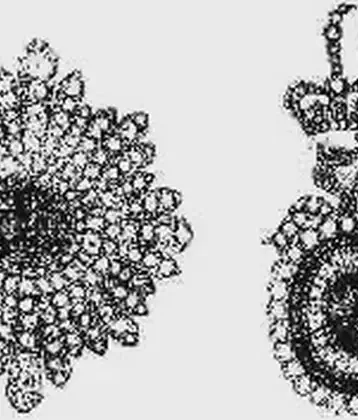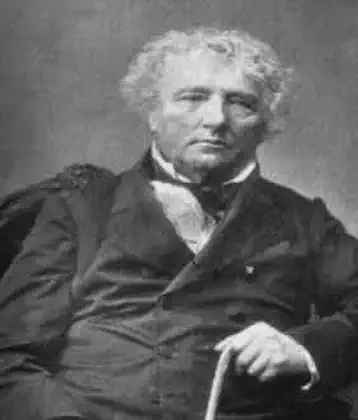On July 06, 1892 in Celtic History
James keir hardie wins seat in parliment

James Keir Hardie, a pioneering Scottish socialist and trade unionist, won a seat in the British Parliament on July 6, 1892. He became the first independent Labour MP, representing the constituency of West Ham South. This victory marked a significant milestone in the history of the British labor movement and the rise of the Labour Party.
Background
Early Life and Career: Born on August 15, 1856, in Lanarkshire, Scotland, Keir Hardie grew up in poverty and began working in coal mines at a young age. His experiences as a worker shaped his political views and led him to become actively involved in trade unionism and the labor movement. Hardie quickly emerged as a leader, advocating for workers’ rights and better working conditions.
Political Involvement: Hardie became involved in politics as a representative of working-class interests. Initially aligned with the Liberal Party, he became disillusioned with their failure to address the needs of the working class. In 1888, he helped found the Scottish Labour Party, and in 1893, he played a key role in the establishment of the Independent Labour Party (ILP), which aimed to represent workers’ interests independently of the Liberal and Conservative parties.
1892 Election Victory
West Ham South Constituency: The West Ham South constituency, located in East London, was a working-class area with a strong labor movement. Hardie ran as an independent Labour candidate, focusing on issues such as workers’ rights, social justice, and the need for political representation for the working class.
Campaign and Victory: Hardie’s campaign resonated with the voters of West Ham South, particularly due to his emphasis on social issues and his critique of the established political parties. His victory on July 6, 1892, made him the first independent Labour MP in the House of Commons. He famously arrived at Parliament wearing a working man’s cap rather than the traditional top hat, symbolizing his solidarity with the working class.
Impact and Legacy
Parliamentary Role: Once in Parliament, Keir Hardie quickly made his presence felt. He used his position to advocate for a wide range of social reforms, including the introduction of a minimum wage, the eight-hour workday, and the provision of free school meals. He also campaigned for women’s suffrage, home rule for Ireland, and the abolition of the House of Lords.
Formation of the Labour Party: Hardie’s election victory was a key moment in the development of the Labour Party. His success demonstrated that there was a viable constituency for an independent labor movement in British politics. In 1900, he helped to establish the Labour Representation Committee, which eventually evolved into the Labour Party, with Hardie serving as its first leader.
Legacy: Keir Hardie’s legacy is profound. He is remembered as one of the founding figures of the British Labour Party and a tireless advocate for the rights of workers and the poor. His commitment to social justice and political reform laid the groundwork for the Labour Party’s future successes, and his influence is still felt in the party’s principles and policies today.
Memorials: Hardie’s contributions to British politics and the labor movement have been commemorated in various ways, including statues, plaques, and annual events held in his honor. His life and work continue to inspire socialists, trade unionists, and advocates for social justice around the world.
James Keir Hardie’s election to Parliament in 1892 was a turning point in British political history, representing the emergence of the working class as a force in national politics and the beginning of the Labour Party’s rise as a major political power.
More From This Day









